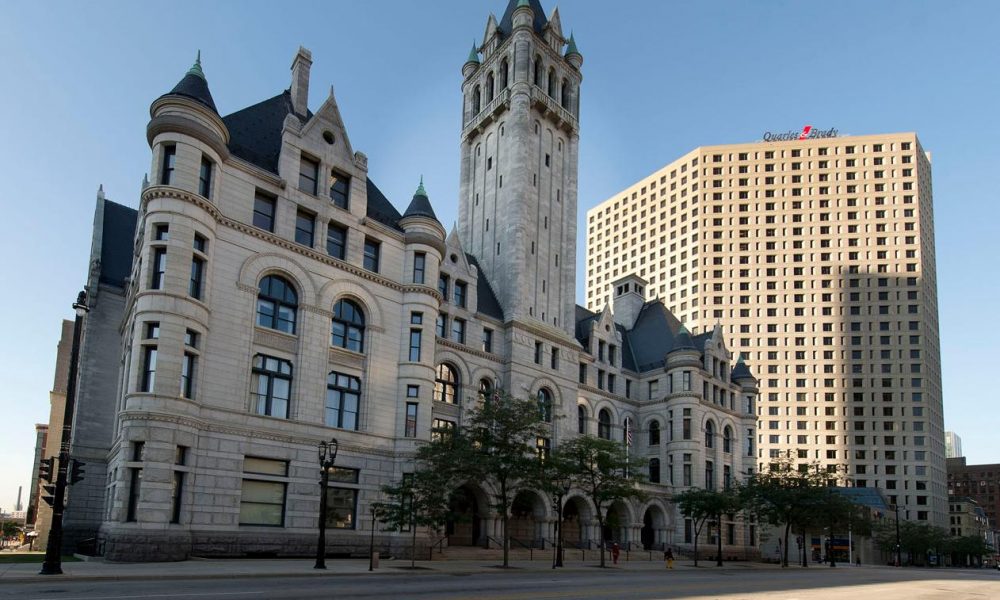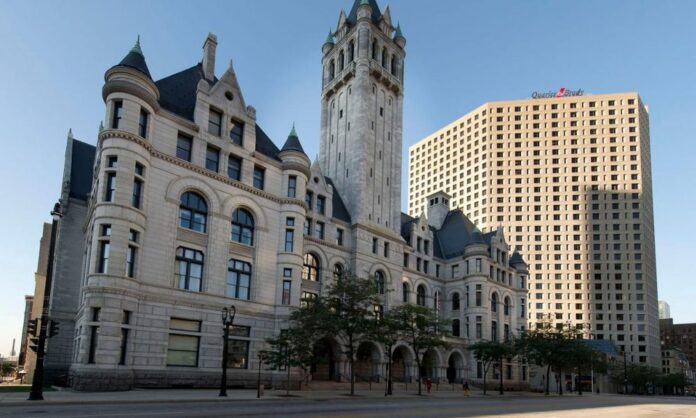
WASHINGTON – Associate U.S. Supreme Court Justice Sonia Sotomayor, in a brief order granted an emergency request made by Yeshiva University, a private modern Orthodox Jewish research university in New York City, to deny official recognition to an LGBTQ student group.
Today’s ruling by Justice Sotomayor puts on hold a decision by a New York County Supreme Court Judge this past June who ruled that Yeshiva was bound by the New York City Human Rights Law, which bars discrimination based on sexual orientation.
Last year in May, The Washington Post reported that the suit was filed April 26 in the New York County Supreme Court on behalf of a group of students collectively as ‘YU Pride Alliance, along with recent graduates including openly bisexual Molly Meisels, who told the Post she had come out at a rally on campus in September 2019. She added that she started a feminist club during her second semester on campus, and while it was initially ridiculed, she said, now it is simply accepted as a club.
She emphasized that having an officially recognized LGBTQ club at Yeshiva University is important in a tightknit, small campus, especially where the Jewish community emphasizes connection.
“What a queer club provides is community, especially where community is so vital,” Meisels said.
What sets the 3,000 students university apart is that it has registered as a nonsectarian corporation versus the more typical religious affiliated institution of higher education.
That status according to attorney Katie Rosenfeld, who is representing some of the students in the suit sets YU apart, especially she argues that because the school receives government and state funding, it shouldn’t qualify for religious exemptions. she works at a law firm that specializes in cases on civil rights.
The university argued that it is a religious institution and therefore should be exempted from the law. Requiring it to endorse the group would be a “clear violation” of its rights under the U.S. Constitution’s First Amendment, which protects the free exercise of religion, the university said in its response.
“Yeshiva shouldn’t have been forced to go all the way to the Supreme Court to receive such a commonsense ruling in favor of its First Amendment rights. We are grateful that Justice Sotomayor stepped in to protect Yeshiva’s religious liberty in this case,” Eric Baxter, a lawyer at the religious liberty legal advocacy group Becket, which is representing Yeshiva told NBC News.
Katherine Rosenfeld, a lawyer for Pride Alliance, said Friday in a statement that the group “remains committed to creating a space space for LGBTQ students” on campus and would await final action from the Supreme Court.
This is yet another in a series of cases the present court has heard and with its 6-3 conservative majority, has strongly backed religious rights in those cases.
Among its most recent rulings the high court has decided in favor of including a 6-3 ruling that sided with a former Bremerton, Washington assistant high school football coach fired for refusing to halt his practice of praying at mid-field after games on school property.
The court in 2021 ruled in favor of a Catholic Church-affiliated agency that Philadelphia had barred from participating in its foster care services because the group refused to place children with same-sex couples. Two years previously in 2018, the court ruled in favor of a conservative Christian baker in Colorado who refused to make a wedding cake for a same-sex couple.
This Fall term justices are set to hear arguments in cases from a web designer, also from Colorado, who wants the court to rule that, based on her evangelical Christian beliefs, she does not have to design wedding websites for same-sex couples.








